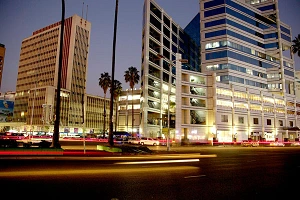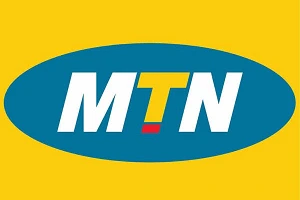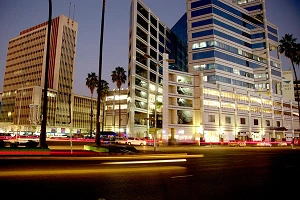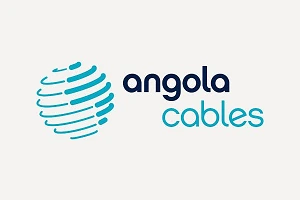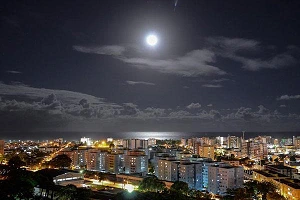Zimbabwe’s state-owned fixed line and broadband operator TelOne has released a statement saying that it is faced with what it calls “acute viability challenges”.
In some ways, this is no surprise. Zimbabwe’s high inflation and a weak local currency would be a challenge to most operators. Zimbabwe's annual inflation rate jumped to 192% in June, the highest level in over a year, as food costs more than tripled. The Zimbabwean dollar has also dropped 70% against the US dollar so far this year.
General price increases in the market – notably fuel and power – haven’t helped either. Theft and vandalism of network equipment is also hitting TelOne’s bottom line.
Then there’s the exchange rate. The unofficial or ‘street’ exchange rate is often used by suppliers as a way of fixing their prices to recoup their costs. Many businesses, including operators, have to use the official rate, which means they lose out.
However, for TelOne there’s an additional problem: it cannot get regulatory approval to adjust its tariffs. As TeleGeography's CommsUpdate points out, this means the firm is finding it difficult to pay suppliers and is unable to invest in network expansion or improvement.
The last tariff review for TelOne was in September last year. As ITWeb says, quoting from the recent TelOne statement, “No tariff adjustments had been approved for 2022. Consequently, the effective price for voice and broadband has fallen to an unsustainable US$0.025 cents per minute and US$0.00050 cents per megabyte, respectively, as of 31 May 2022.”







